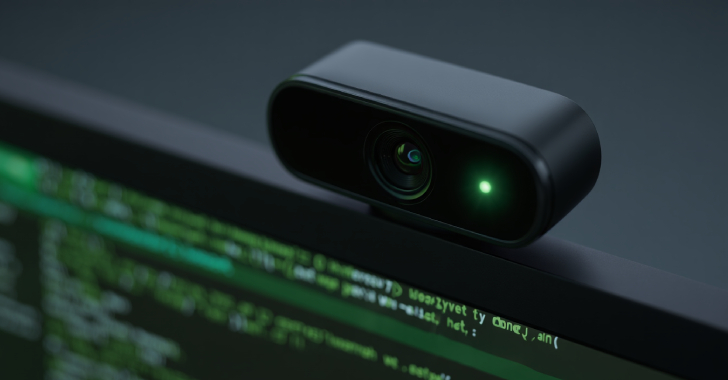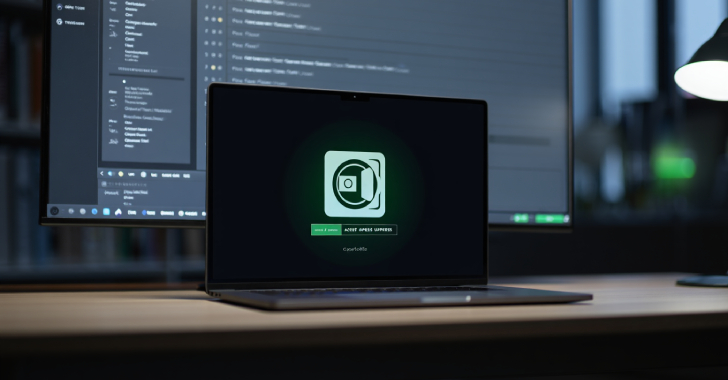
How HIPAA Compliance Can Help Keep Your Company Secure
Healthcare data has always been a prime target for cybercriminals. The nature of the information—social security numbers, birth dates, medical histories, and insurance details—makes it a gold mine for identity theft and fraud. That’s where the Health Insurance Portability and Accountability Act (HIPAA) comes into play. This landmark legislation is not just a bureaucratic hurdle for healthcare organizations; it’s a blueprint for robust data security. But how exactly can adhering to HIPAA guidelines keep your company more secure? Let’s dive in.
- Establishing a Risk Management Framework
HIPAA mandates that covered entities, which includes healthcare providers, insurers, and their business associates, conduct regular risk assessments. These assessments are comprehensive audits that identify potential vulnerabilities in their electronic health record (EHR) systems.
By following this requirement, businesses are in a continuous loop of assessing, addressing, and reassessing their data security framework. Such a proactive approach means that threats can be detected and mitigated before they spiral into full-blown breaches.
- Inculcating a Culture of Data Privacy
HIPAA doesn’t just dictate technical guidelines—it also emphasizes training and awareness. All personnel, from top-level executives to frontline staff, must undergo periodic training sessions on data privacy and security measures. This human-centric approach ensures that everyone within the organization becomes a vigilant guard against potential breaches.
- Limiting Data Access
Under HIPAA, there’s a principle called the “Minimum Necessary Rule.” This mandates that only individuals who need specific pieces of information to carry out their job roles should access them. Such restrictions significantly reduce the possibility of insider threats and unintentional data exposure. By implementing role-based access controls, companies can ensure that sensitive information is shielded from unnecessary exposure.
- Airtight Data Transmission Protocols
Any data that’s transferred, whether internally or externally, is vulnerable to interception. HIPAA recognizes this and stipulates that any electronic Personal Health Information (ePHI) must be encrypted during transmission. This ensures that even if data is intercepted, it remains indecipherable and useless to the malicious actor.
- Incident Response and Reporting
Despite the best precautions, breaches can still occur. HIPAA demands that any such incident is promptly reported, and an action plan is put into motion to mitigate the damage. This culture of accountability and rapid response not only helps in damage control but also in understanding the nature of the breach to prevent future occurrences.
- Physical Safeguards
While digital threats are rampant, the physical security of data centers and office spaces cannot be overlooked. HIPAA guidelines also provide a framework for physical safeguards, which include controlled facility access and device security protocols. Such provisions ensure that data remains secure from real-world intrusions, like theft or unauthorized access.
- Regular Updates and Patches
One of the often-overlooked aspects of data security is the timely update and patching of software. Outdated systems are a magnet for hackers, as they often contain known vulnerabilities. Adhering to HIPAA mandates ensures that IT infrastructure is always up-to-date, eliminating the low-hanging fruits for cybercriminals.
- Vendor Management
Business associates and third-party vendors can often become the weak link in your data security chain. HIPAA mandates that these external entities also adhere to the same rigorous data protection standards. This ensures that your data remains secure, not just within your organizational boundaries but also when it is shared or processed by other stakeholders.
Looking Beyond Compliance
While HIPAA provides an essential foundation, achieving compliance should not be the endpoint for companies serious about data security. The world of cyber threats is continuously evolving, and organizations must stay ahead of the curve. Think of HIPAA as the basic standard, and aim to exceed its guidelines wherever possible.
For companies outside the healthcare sector wondering how all this applies to them, the principles enshrined in HIPAA are universally applicable. Even if you aren’t dealing with ePHI, the rigorous data protection measures advocated by HIPAA can go a long way in ensuring that your company remains impervious to the myriad threats in today’s digital landscape.
In conclusion, while HIPAA compliance might seem like an onerous requirement reserved for the healthcare industry, its guidelines provide a roadmap to a fortified digital fortress. Adhering to its principles not only ensures legal compliance but also shields businesses from the catastrophic fallout of data breaches.
Contact Cyber Defense Advisors to learn more about our HIPAA Compliance solutions.





